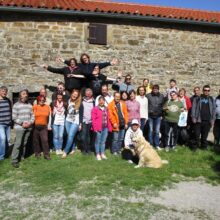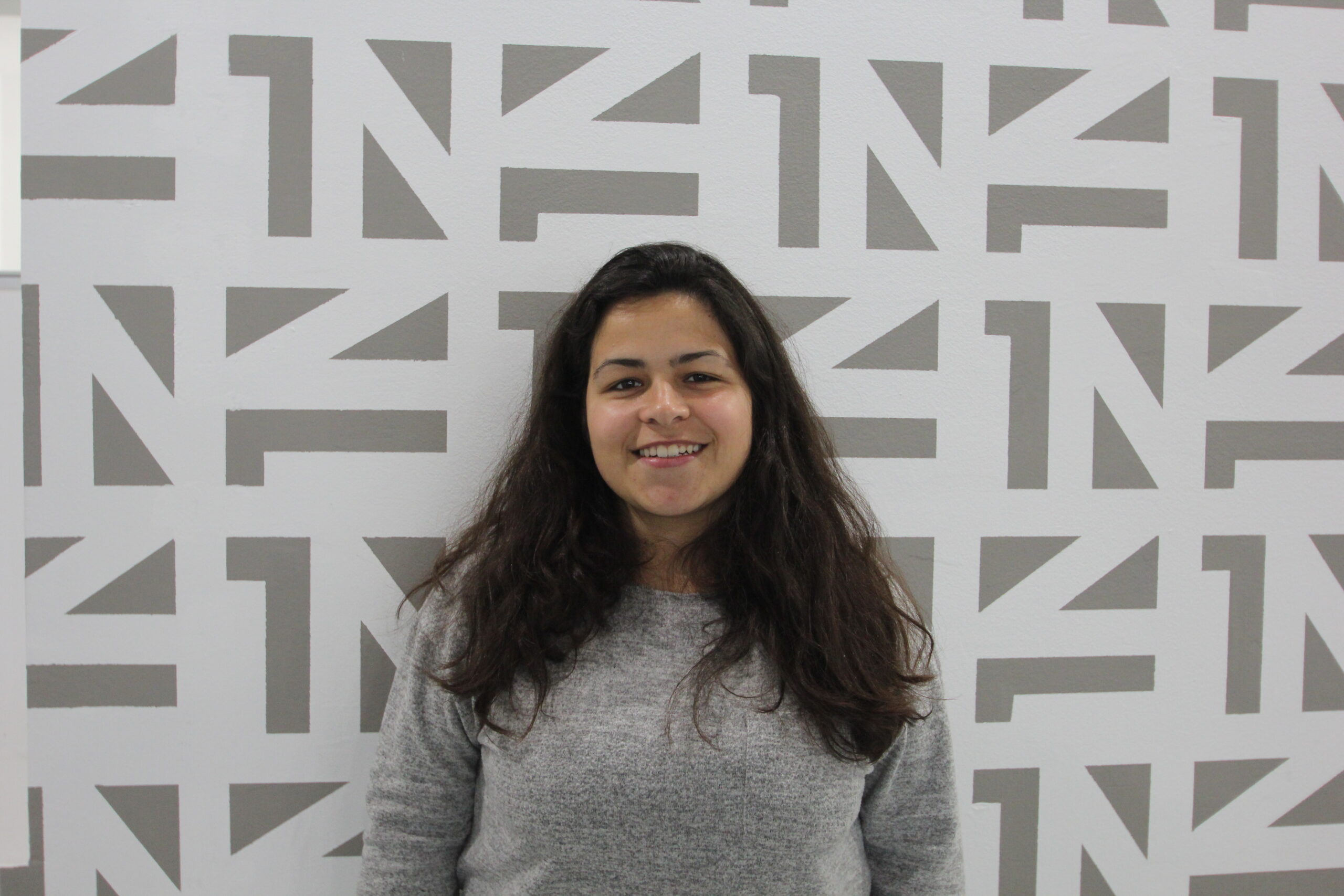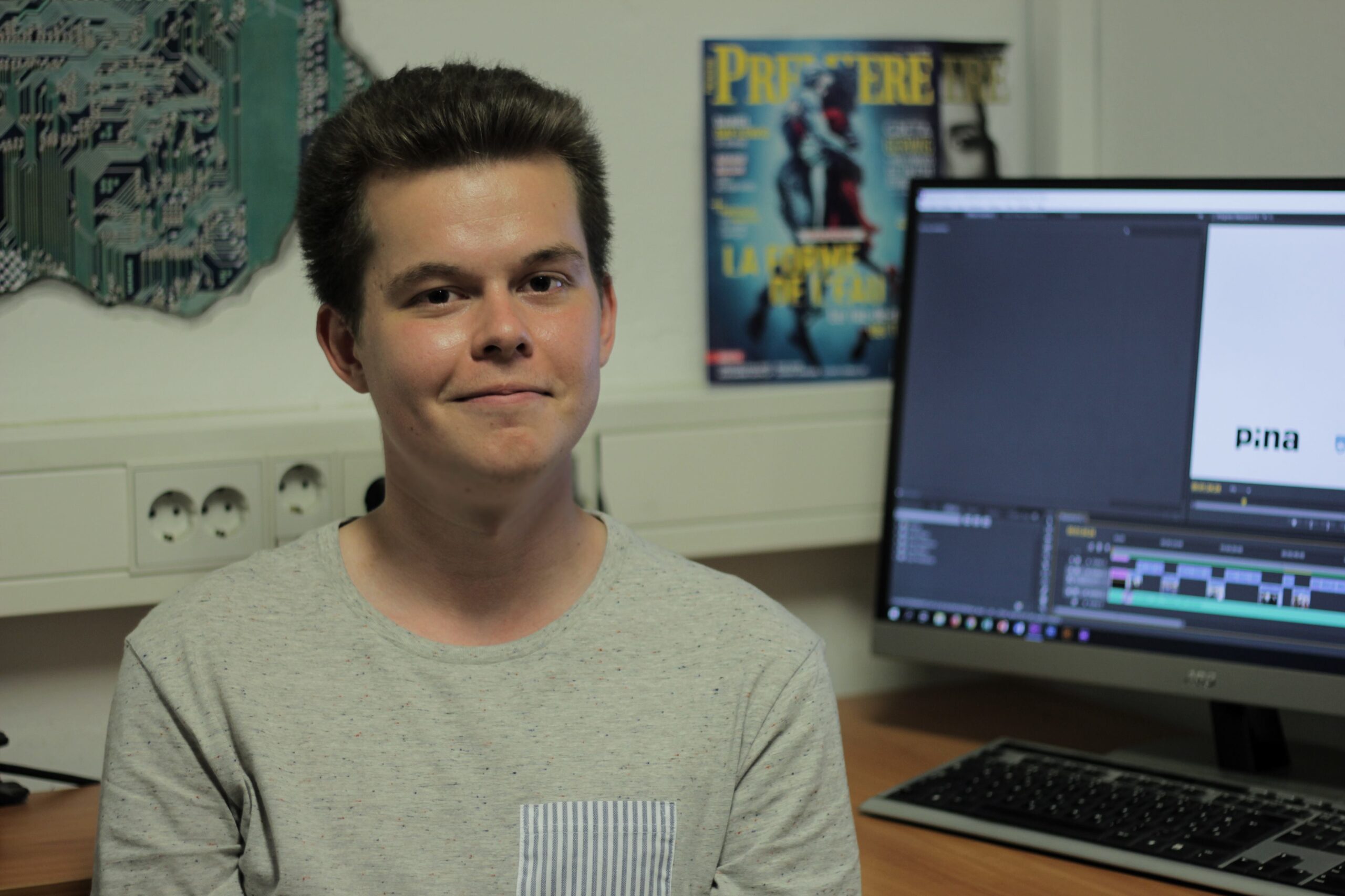Šent is a non-profit, non-governmental humanitarian organisation established to aid individuals with mental health issues, those in temporary mental distress, as well as their relatives and anyone else interested in mental health. It was established in 1993.
Can you tell me more about the activities and the target you work with?
Our programmes and activities include psychosocial rehabilitation of people with mental health problems, improvement of their social situation and creating opportunities for independent and quality living.
The prime task of Šent is to develop and execute the programs of psychosocial rehabilitation of the people that are carried out in Šent’s centres for mental health in a community, present in almost all Slovenian regions. This program is divided into two subprogrammes: the day centres and the living communities.
The first one is intended for people with mental health problems and those in the momentary emotional distress, their relatives and friends, volunteers, and all others who are interested in this field and want to acquire more information about it. The activities in day centres consist of:
- Psychosocial rehabilitation workshops (social skills training, interactional exercises, and so on…);
- Self-help groups;
- Educational workshops (foreign languages, computer courses, cooking workshops, etc…);
- Creative workshops (music workshop, handwork, working with clay, painting workshops, etc…);
- Free-time workshop (board games, exercising, and so on…)
- Trips, camps, holidays, hikes;
- Lectures and round;
- Visits to exhibitions, events and shows and many other activities.
Our experts also offer individual counselling to users.
The second subprogram instead, is intended for people over 18 years old who need professional help and support for independent living in a community because they lack an appropriate living environment and social network.
Okay, and why did you decide to take part in the ESC program?
We decided mostly because of the previous good experience. Volunteers always enrich the program.
And what do they bring to your organisation?
New ideas, new and positive energy, enlargement and of course precious help to our team.
How long have you been hosted volunteers for? And how many have you hosted so far?
Our first experience was in 2016, and we hosted 3 different volunteers but they were moving between three different organisations. The project lasted for 6 months. The second time was in 2018 and we had 1 volunteer for 9 months.
And what kind of activities were they involved in?
A volunteer is included in all the three programs we have. They’re active in workshops and can always moderate their workshop. This depends on their skills, knowledge and interests.
Can you tell me about a funny or happy moment that happened with a volunteer?
Actually, I could write a book about all the good things that happened in collaboration with the volunteers. *laughs* Especially with the last one. It’s mostly connected with working with our users and with learning Slovenian. In the last one, there were some funny moments.
What would you suggest to organisations that don’t take part in ESC? Why should they do it and what should they be aware of?
We only had good experiences, that’s why I would suggest taking part in it asap (as soon as possible). The most important thing is good and open communication, and the mentors should be aware that the volunteer is far away from home and that after the first weeks of enthusiasm will come homesickness. In this period they should be even more supportive.
Okay, so I think that the selection of a new volunteer must be the most difficult part. What are you looking for in a candidate? What qualities and what does convince you that that is the right person?
I’m very careful with communication if it is open, fluent… Besides this, previous experiences, skills, interests, knowledge and professional field are really important. In the end, I also listen to my personal feelings though.
Photos: Šent

















